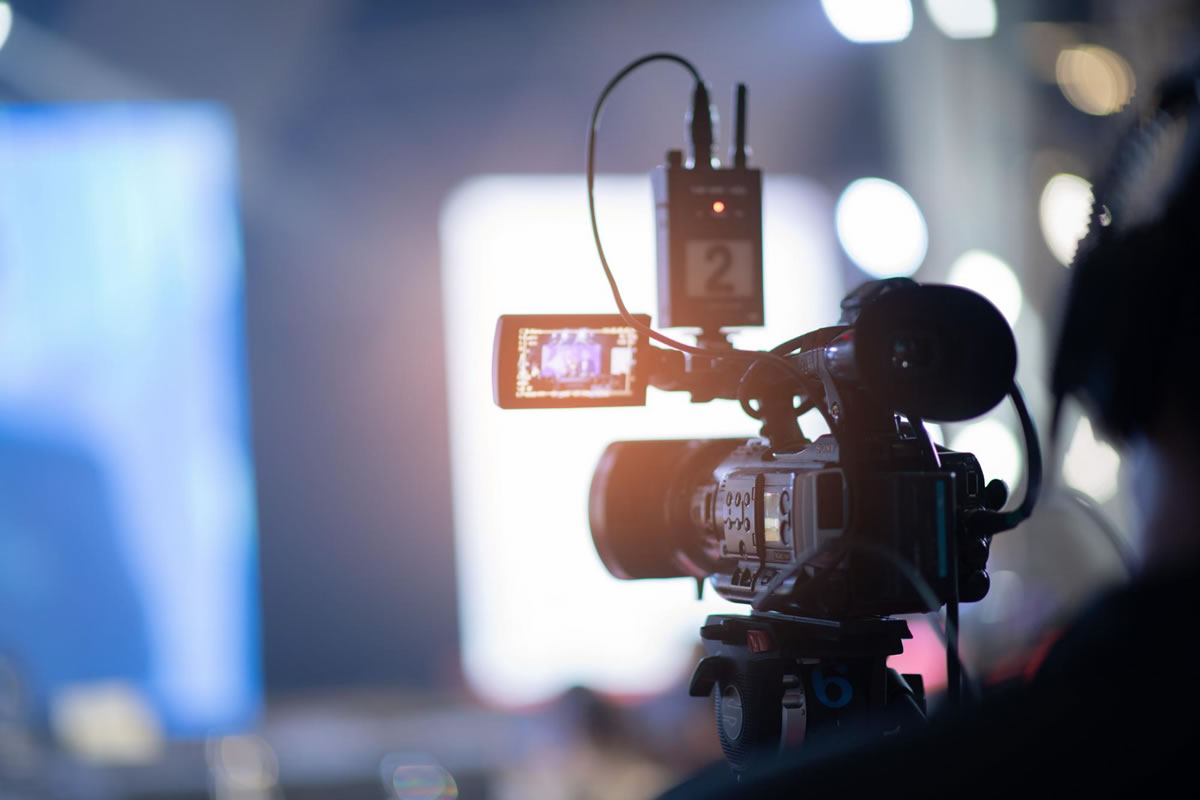Acting Advice for Beginners: Errors to Avoid and Ways to Stand Out

Editors might not understand the art of acting, but they are experts at molding performances. They spend hours scrutinizing footage and selecting takes, so here are some technical acting tips from our grip electric experts to help you bypass the cutting room floor.
Acting in motion pictures is different from performing in class or on stage. On stage, you have weeks to train; your blocking is second nature, and you have sufficient rehearsals to perfect your performance. In film, you are fortunate if you get a rehearsal, and you might have one shot at rehearsing your blocking. However, getting cast is an extraordinary milestone, so comprehending some basics can help you prepare and be booked again.
Arrive on Set Prepared
Casting occurs at the speed of light. One day you juggle your day job with auditions and rejections, the next, you are on location in the makeup chair getting prepared for your scene. The moment you get booked, get to work. Memorize your lines, do your reading, and get plenty of rest. Trust us, the camera catches everything. If you stay out too late, it will see it. It will show if you don't make decisions about your character and your efforts. You will delay the set and cost the production capital if you don't learn your lines. No matter how little the role, take it seriously, be ready, and the camera will adore you.
Comprehend Coverage
Not every scene will include coverage, but as a broad rule, each scene is shot from different angles so it can be cut together afterward. Comprehending the details will help you earn additional screen time. Here are the basics: the sweeping shot known as the master (usually shot first), the medium shot, and the close-up. The latter two can be a single or two shots with one or two people per shot.
Three critical points to recognize when shooting a scene are:
Whatever you do in the wide, you must do in your other setups, so pay awareness to your movements and do the same in every take.
In your close-up, avoid making faces or moving too much. Moving can be distracting. Try to bypass shaking your head and exaggerated nodding. It also can mess with how the shot is framed. The camera will pick it up if you think about the scene's emotion. (This is a difficult lesson for Stage Actors who are accustomed to acting in the last row of a theater.)
Listen actively. Regarding dialogue scenes, the Editor (and the Director) choose whether to remain on the person talking or on the one listening based on the story or performance, so be a great listener.
One item to mention here is that you won't be acting off another actor when you get to your singles (you are on camera alone). It may just be you, the Script Supervisor, and the camera. Don't let this confuse you; use your imagination, and don't overlook listening, no matter who is reading lines opposite you.
We hope this acting advice is helpful. If you need grip electric for an upcoming production, contact us today.